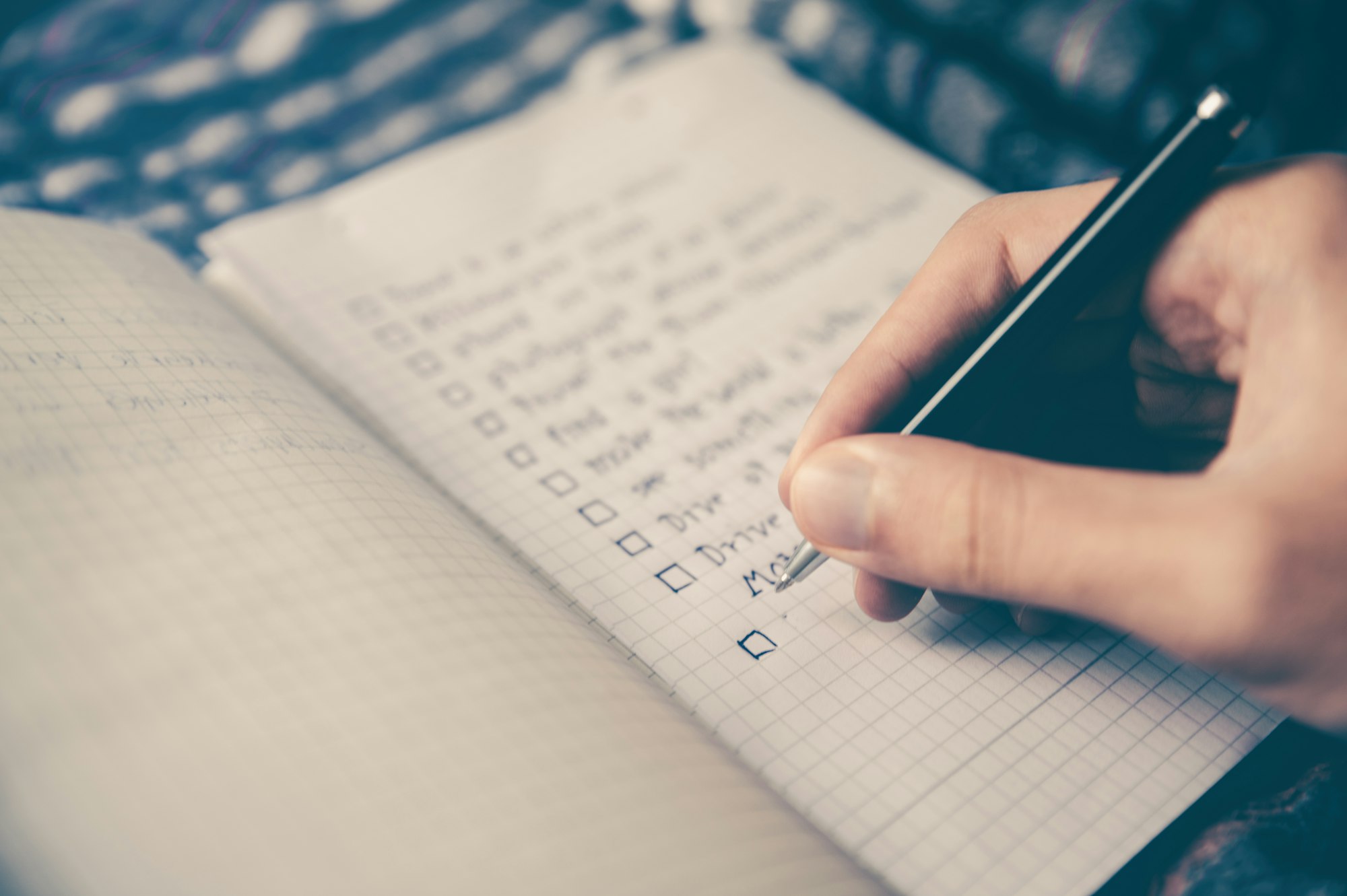How to inspect property before buying?
A home inspection checklist is a tool used by home inspectors to systematically assess various components and areas of a property during an inspection. While the checklist can vary depending on the inspector and the specific requirements of the region, here is a general outline of items that are typically included in a home inspection checklist:
- Exterior:
- Roof condition, including shingles, flashing, and gutters
- Siding and exterior wall condition
- Windows and doors, checking for proper sealing and functionality
- Foundation condition, looking for cracks or signs of shifting
- Driveways, sidewalks, and pathways
- Decks, patios, and balconies
- Landscaping and drainage around the property
- Interior:
- Walls, ceilings, and floors for cracks, stains, or other visible issues
- Doors and windows, checking for proper operation, locks, and weatherstripping
- Staircases and handrails, ensuring safety and stability
- Electrical outlets, switches, and fixtures for functionality and safety
- Plumbing fixtures, including faucets, sinks, toilets, and showers
- HVAC system, evaluating heating and cooling equipment and ventilation
- Water heater, checking for proper operation and signs of leaks
- Insulation and ventilation in attics, crawl spaces, and other relevant areas
- Structural Components:
- Foundation, checking for cracks, settling, or signs of moisture intrusion
- Framing, assessing the structural integrity of walls, beams, and columns
- Roof structure, including trusses, rafters, and supports
- Basement or crawl space, evaluating for dampness, water intrusion, or pest issues
- Appliances and Systems:
- Kitchen appliances, such as stoves, ovens, dishwashers, and refrigerators
- Laundry appliances, including washers and dryers
- Electrical system, including the main panel, wiring, and circuit breakers
- Plumbing system, checking pipes, water supply, and drainage
- Heating and cooling systems, evaluating furnaces, air conditioners, and ductwork
- Safety Features:
- Smoke detectors and carbon monoxide detectors
- Fire extinguishers and escape routes
- Handrails and guardrails on staircases and balconies
- Safety glass in windows and doors
It's important to note that this is a general outline, and the actual checklist used by a home inspector may include additional items or be more specific depending on the property type, regional regulations, and individual inspector preferences. Additionally, some inspectors may utilize specialized equipment or perform additional tests, such as radon testing or mold inspections, depending on the circumstances and client's requests.



